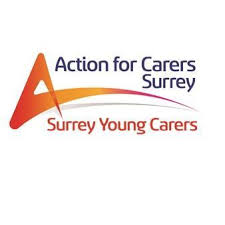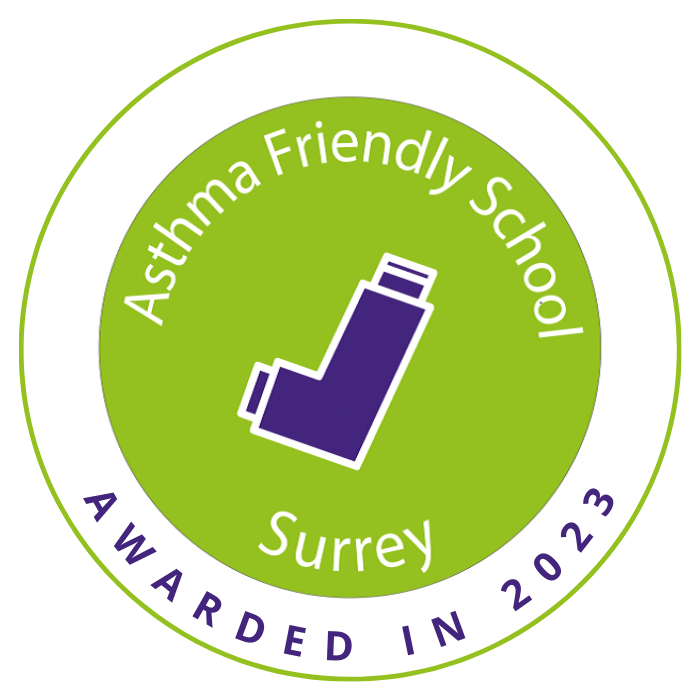Equality, diversity and inclusion

At St Alban’s we have a commitment to equality for all. We strive for all to be treated fairly, with dignity and respect. St Alban’s Equality Objectives should be read in conjunction with the Xavier Catholic Education Trust's Equality Policy, which can be found on the Xavier website. Our Equality Objectives can be found on the 'Policies' page of this website, in the 'Key Information' section.
Should you have a concern about any element of equality, inclusion or diversity (EID) across the Xavier Trust or need to report an incident please contact DIFT@xaviercet.org.uk.
Objective
To increase staff's understanding of equality and its implications on a day-to-day basis, and in this way to reduce or remove inequalities in attainment throughout the school, particularly inequalities relating to the protected characteristics listed in the Equality Act.

YOUNG CARERS
What is a young carer?
If you're under 18 years old and look after someone who has a long-term illness, disability, mental health condition, or drug or alcohol problem, then you're a young carer.
You might be doing things like making meals or washing clothes. Or maybe you help your mum get washed and dressed in the morning. You may be looking after other children or perhaps your brother or sister is the person in your family needing extra care. Young carers very often provide emotional support as well.
Sometimes doing all this might make you feel lonely, but it's important to remember you're not alone - there are an estimated 14,000 young carers in Surrey.
There is also a lot of support out there for you to help you manage all the things you have going on.
Where can I find help if I need it?
- Surrey Young Carers supports young carers in lots of different ways. They can give you someone to talk to and run loads of events to help you have some fun away from caring. They also have lots of opportunities to speak to other young carers who might have similar experiences to you
- It's important to let your GP know that you are looking after someone. They can help with all sorts of things like offering you appointments to suit your timetable and free flu jabs.
- Speak to someone you trust at school - Once they understand your situation, they will be better able to support you with things like homework or course work or time out of school. Lots of schools also have young carer's clubs that you might like to join.
- Get a carer's assessment. This is a way to tell the council about the care you give to make sure you're getting the right help for you and your family. For further information, contact Children's Services.





